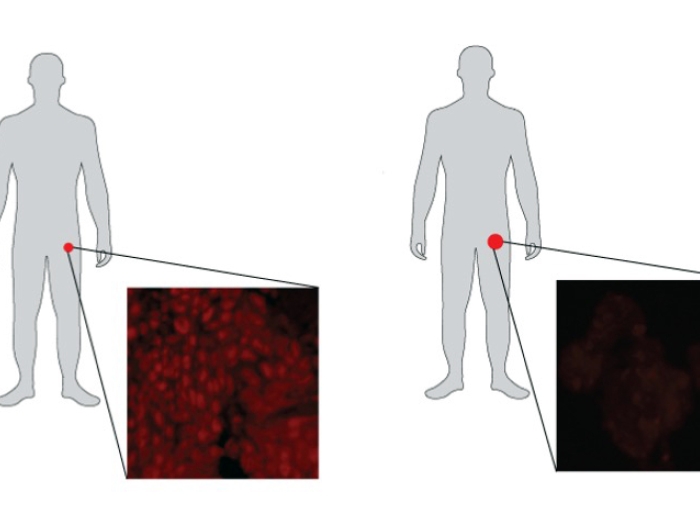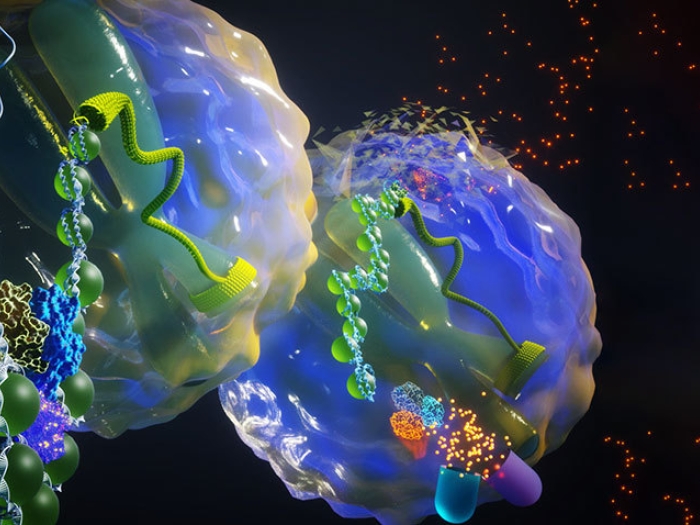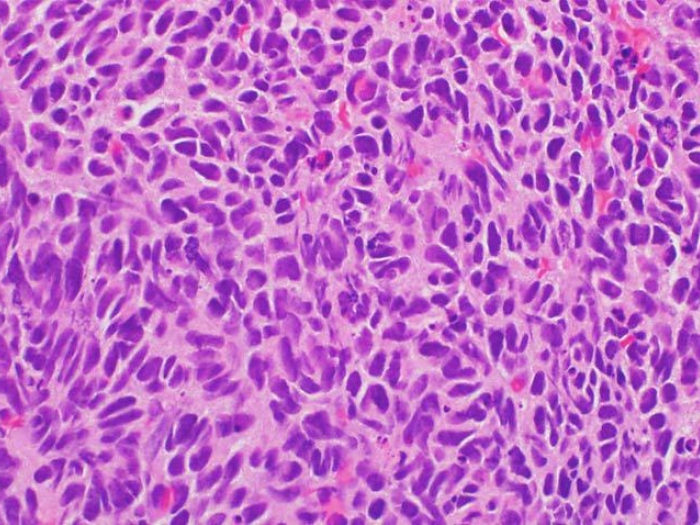A new review finds that a family history of prostate cancer should not automatically exclude low-risk patients from an active surveillance approach.
7:00 AM
Author |

Many men with lower-risk, slower-growing prostate cancer qualify for careful monitoring of the condition with regular blood tests, rectal exams and biopsies or MRIs, referred to as active surveillance.
MORE FROM THE LAB: Sign up for our weekly newsletter
Although data show that men with a family history are more likely to develop prostate cancer, it has been less clear if family history should be considered when determining whether a prostate cancer patient qualifies for this active surveillance.
A review of six recent studies about the relationship between family history and prostate cancer progression concluded that a family history of the disease does not need to exclude men from considering active surveillance, says senior author James Dupree, M.D., assistant professor of urology at Michigan Medicine. The results are published in BJU International.
"A combination of PSA scores and biopsy results help identify patients who can delay or even avoid active treatment, such as surgery or radiation therapy, and instead follow an active surveillance plan," says Dupree. "We undertook this review to determine whether a family history of prostate cancer should be included in the criteria for selecting patients for consideration of active surveillance."
The methodology
Researchers from the Michigan Urological Surgery Improvement Collaborative sought to identify and review previously reported and publicly available English language primary research publications, which evaluated family history among patients eligible for or on active surveillance. Six studies met the researchers' qualifications.
SEE ALSO: All Men with Metastatic Prostate Cancer Should Have Genetic Testing
Of the six studies analyzed, four used pathologic findings to evaluate disease progression or risk, and two used biomarker findings. Five of the six observational studies found no relationship between family history and prostate cancer progression while one study found African-American men with a family history may be at higher risk for progression.
"Our results suggest that having a family history of prostate cancer should not automatically exclude men who are otherwise eligible from being considered for active surveillance treatments," says Dupree. "Although, some questions remain around risk for African-American men with a family history of prostate cancer. Additional research on the subject of race, family history and eligibility for active surveillance is needed."
The Michigan Urological Surgery Improvement Collaborative formed five years ago with a mission to improve health care outcomes for men in Michigan with urologic conditions. Among the group's initiatives is a roadmap for determining and defining which patients are most appropriate for active surveillance.
"Ultimately, this is an individualized decision men need to make with their doctors," says Dupree. "We hope that this research informs conversations between patients and their doctors about risk, benefits and options."

Explore a variety of health care news & stories by visiting the Health Lab home page for more articles.

Department of Communication at Michigan Medicine
Want top health & research news weekly? Sign up for Health Lab’s newsletters today!





